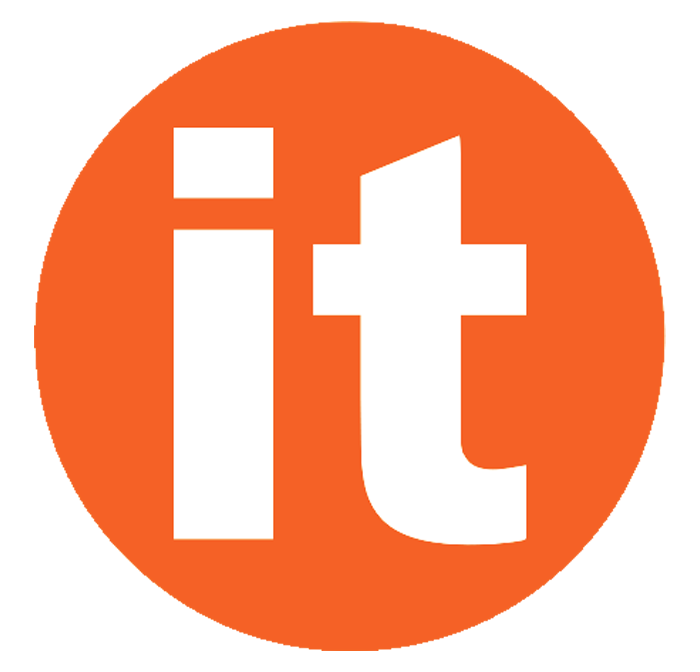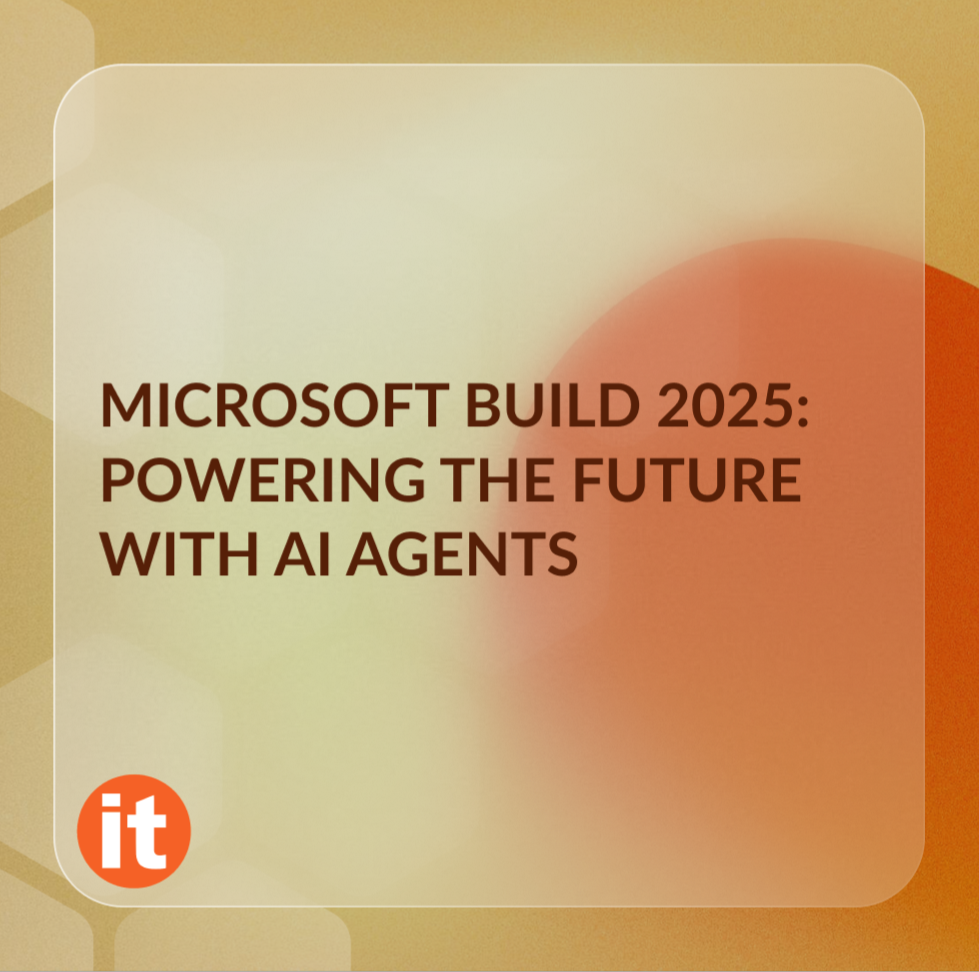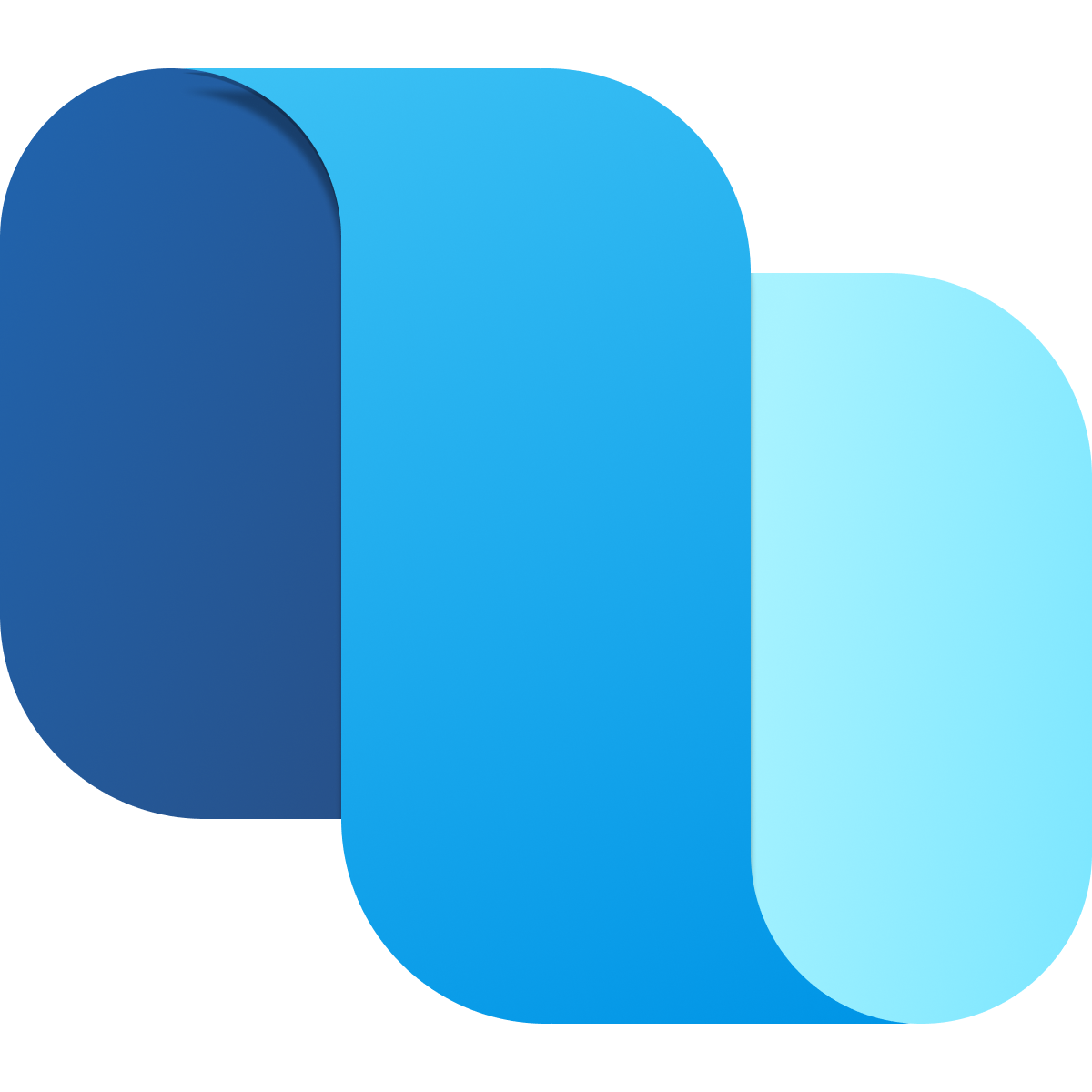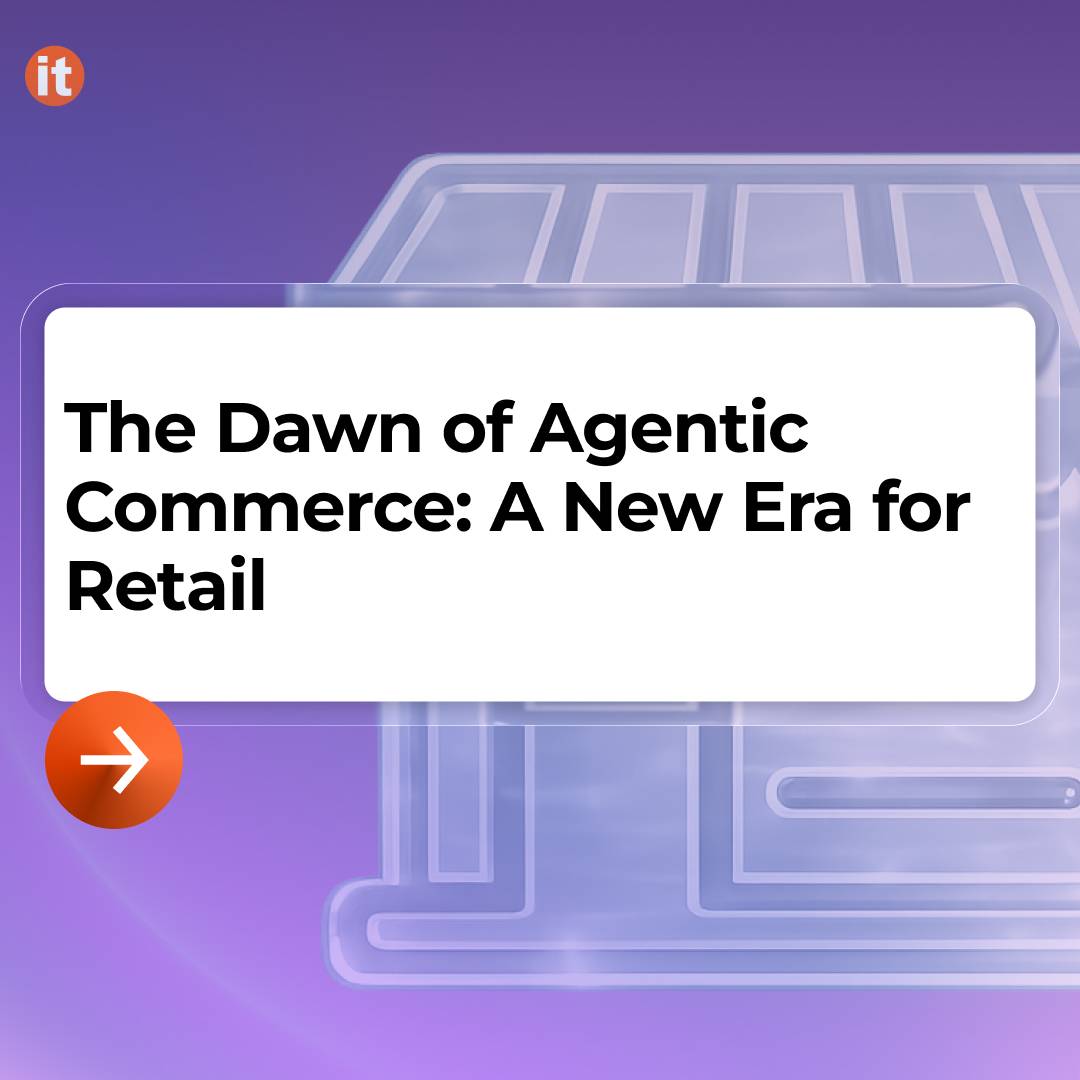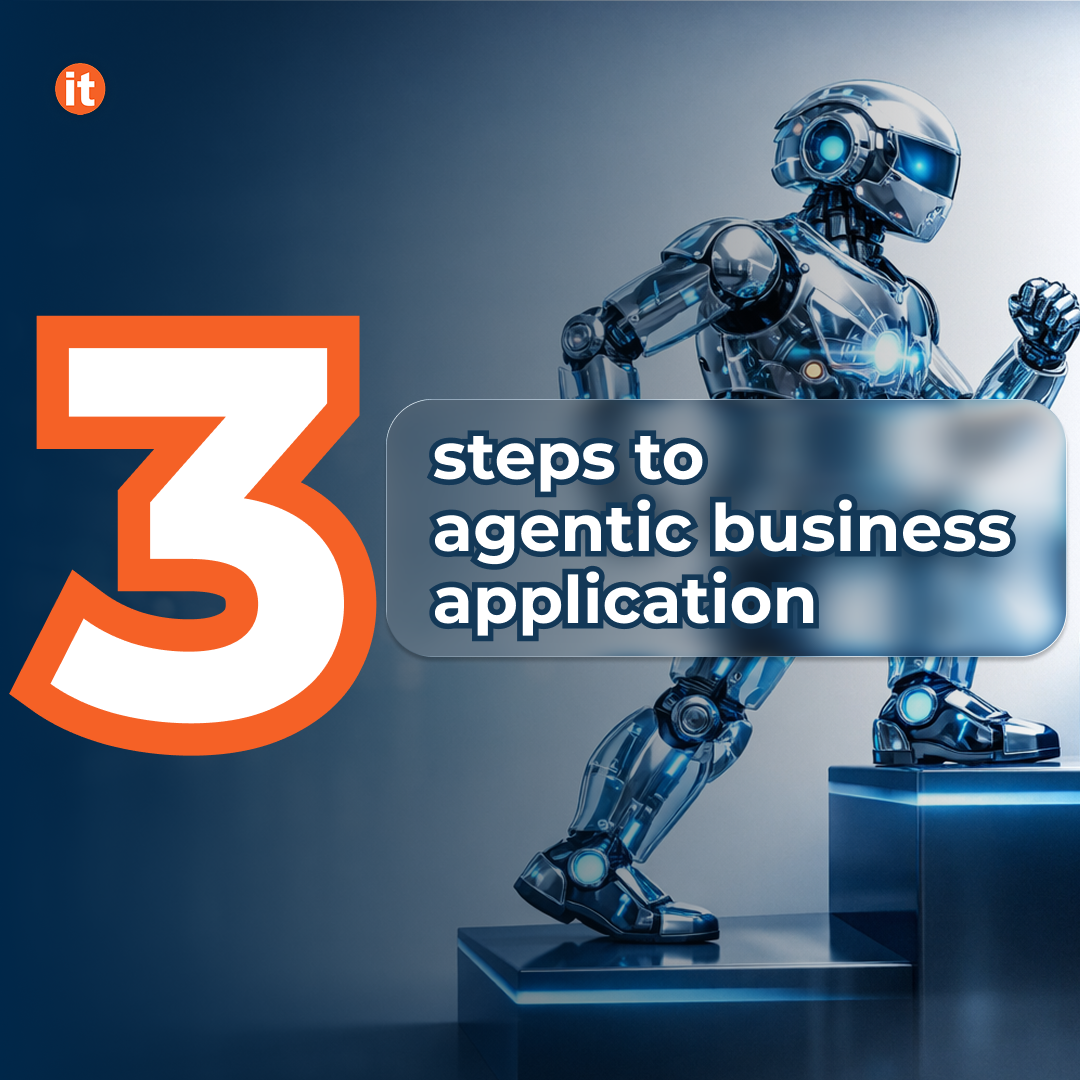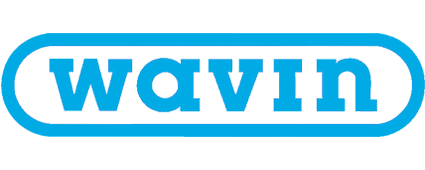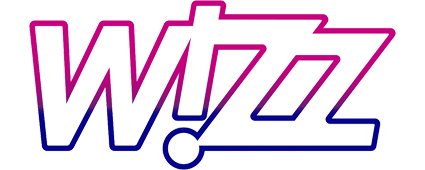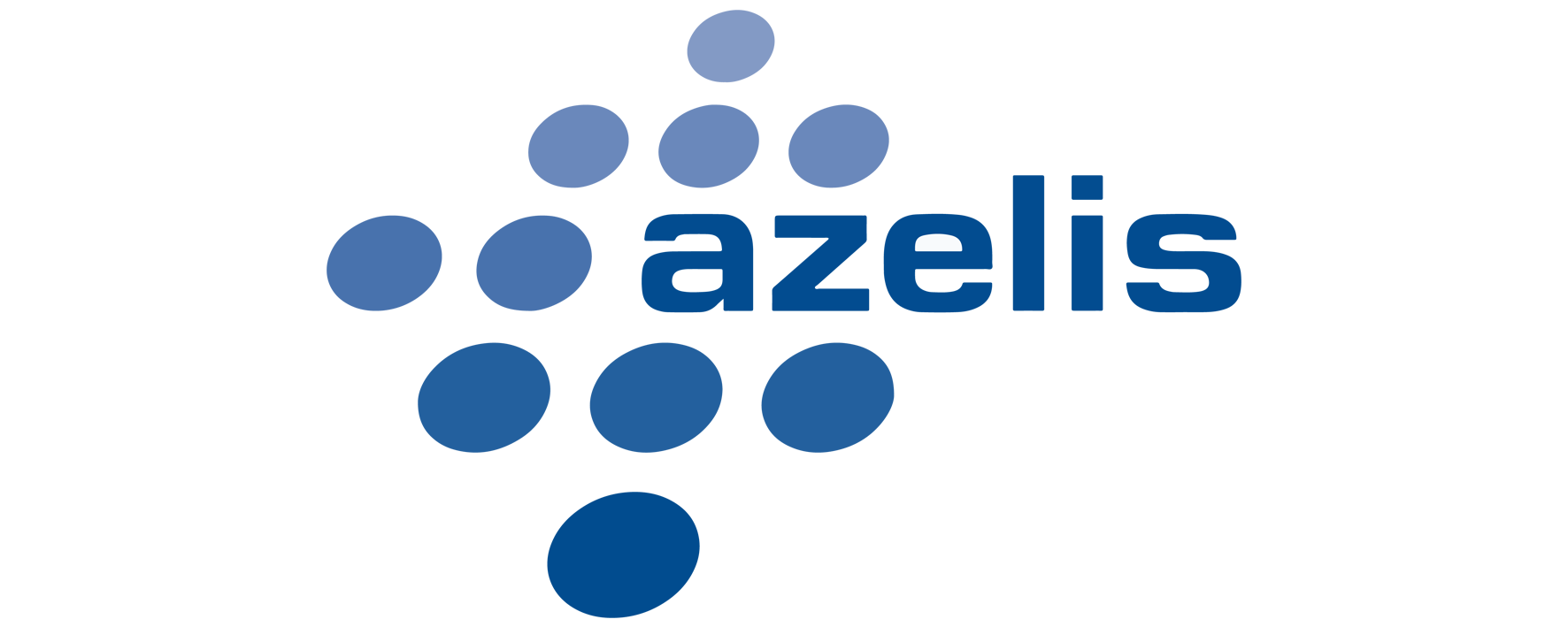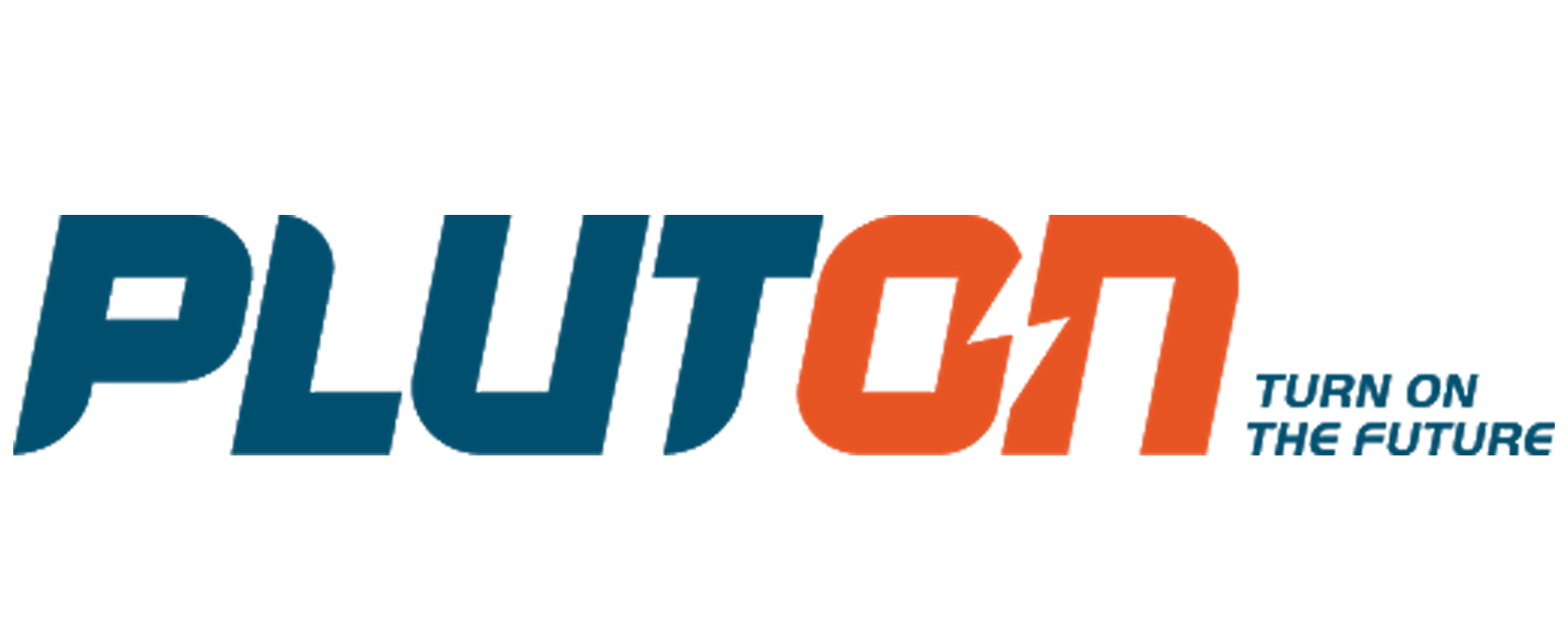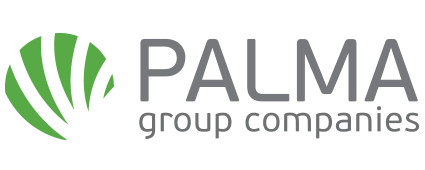Microsoft Build 2025 took place from May 19 to 22 in Seattle and highlighted the company's ambitious vision for an AI-driven future. With over 50 announcements, the event focused on the integration of AI agents throughout Microsoft's ecosystem, aiming to transform software development, improve enterprise workflows, and enhance user interactions.
AI Agents: The New Frontier in Software Development
Central to the conference was the evolution of AI agents—autonomous systems designed to perform tasks on behalf of users. Microsoft introduced several tools and platforms to facilitate the development and deployment of these agents:
- GitHub Copilot Enhancements: Transitioning from a code completion tool to a comprehensive coding assistant, GitHub Copilot now offers asynchronous coding capabilities, prompt management, and enterprise controls. The open sourcing of GitHub Copilot Chat in Visual Studio Code further underscores Microsoft's commitment to collaborative AI development.
- Azure AI Foundry: This platform now supports a broader range of AI models, including xAI's Grok 3 and Grok 3 mini, providing developers with diverse options for building AI applications.
- Windows AI Foundry: Aimed at streamlining the AI development lifecycle on Windows, this platform offers tools for both training and inference, enabling developers to build and deploy AI solutions efficiently.
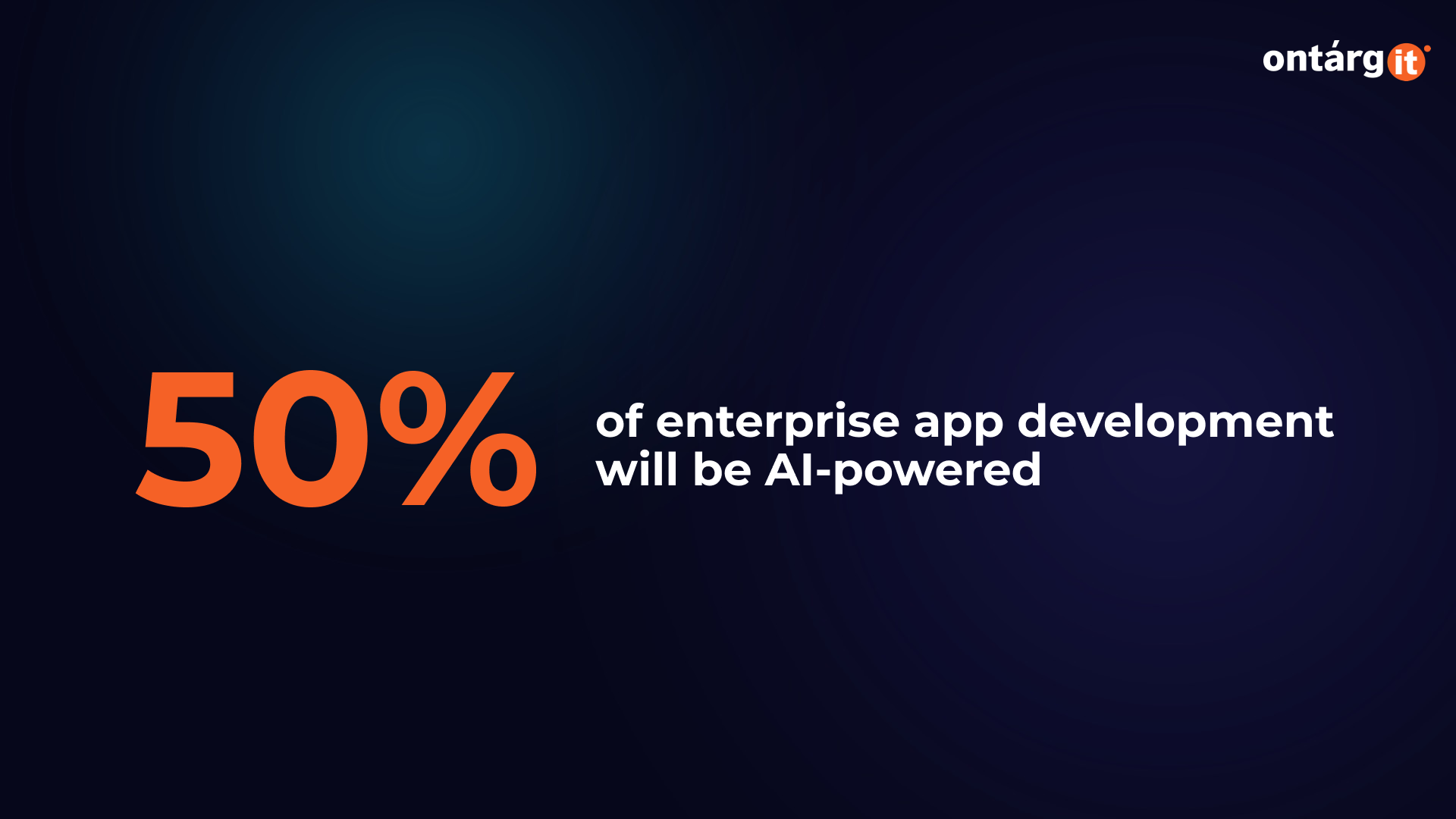
Embracing the Open Agentic Web
- Microsoft's vision extends beyond individual applications to an interconnected ecosystem of AI agents. The company introduced initiatives to support this vision:
- Natural Language Web (NLWeb): Developed to simplify natural language interactions on the web, NLWeb aims to make websites more accessible and interactive through AI
- Model Context Protocol (MCP): By adopting MCP, Microsoft facilitates seamless integration of AI models across platforms, promoting interoperability and standardization in AI development.
Advancements in Copilot Studio
Copilot Studio received significant updates to empower developers and organizations:
- Multi-Agent Orchestration: Organizations can now build systems where multiple AI agents collaborate to complete complex tasks, enhancing efficiency and scalability.
- Enhanced Developer Tools: New features cater to professional developers, offering greater control and customization in agent development
- Security and Governance: Improved observability tools provide insights into agent performance, ensuring reliability and compliance.
Windows 11: Integrating AI for Seamless Experiences
Microsoft announced several AI-driven features for Windows 11:
- Cross-Device Resume: Inspired by Apple's Handoff, this feature allows users to continue tasks seamlessly across devices.
- AI Actions in File Explorer: Users can now perform tasks like background blurring or object removal directly from the context menu, enhancing productivity.
- Open-Sourcing Windows Subsystem for Linux (WSL): By open-sourcing WSL, Microsoft encourages community contributions and transparency in development.
Conclusion
Microsoft Build 2025 represented a major advancement toward an AI-integrated future. By introducing cutting-edge tools, promoting collaborations, and addressing ethical considerations, Microsoft seeks to take the lead in shaping the next era of technology.
